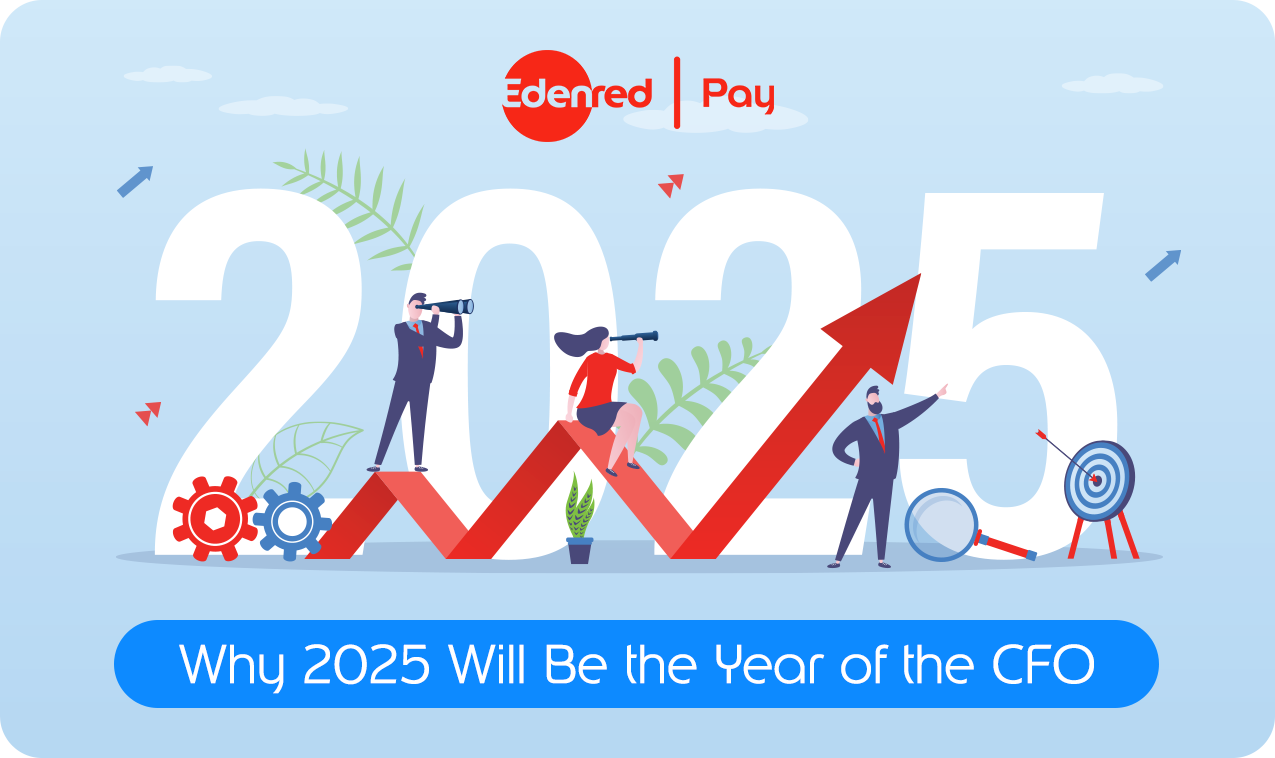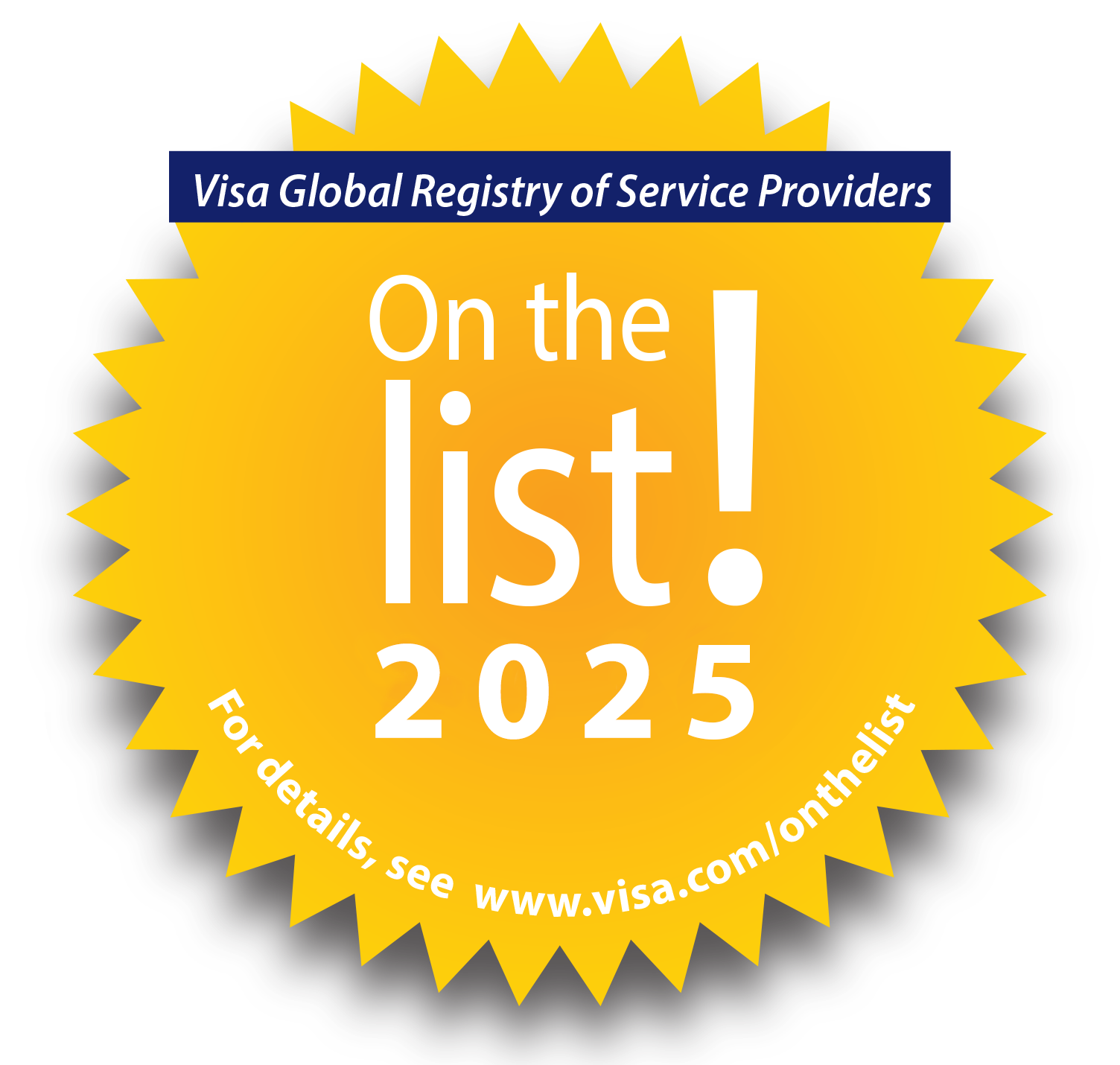The role of the CFO is undergoing a seismic shift. No longer just the gatekeeper of budgets and financial reports, today’s CFO is emerging as a key architect of business strategy and innovation.
As organizations grapple with economic uncertainty, rapid technological change, and evolving stakeholder expectations, CFOs are stepping into a new era – one defined by leadership, agility, and forward-thinking vision. In 2025, the CFO will not only oversee financial health but also drive transformation, resilience, and growth across their organizations. Invoice-to-pay technology will play a key role in helping CFOs meet these expectations and enable more strategic decision-making.
This article explores the critical new responsibilities CFOs are taking on and how leveraging finance automation, particularly invoice-to-pay solutions, can help them excel in this pivotal role.
The New Responsibilities of CFOs
The CFO role is no longer confined to managing budgets and ensuring compliance.
Today’s CFOs are expected to:
- Drive strategic decision-making. CFOs are increasingly relied upon to analyze complex data and provide actionable insights that shape corporate strategy. This goes beyond traditional financial reporting to encompass predictive analytics, scenario modeling, and market intelligence. CFOs must leverage these insights to help their organizations identify growth opportunities, adjust to market trends, and align resources with long-term objectives. Without access to accurate, real-time data, CFOs risk making decisions based on incomplete or outdated information, which can lead to missed opportunities and financial missteps.
- Champion digital transformation. As organizations embrace digital transformation, CFOs are tasked with aligning financial goals with investments in artificial intelligence (AI)The use of computer systems to simulate human intelligence processes like learning, reasoning, and decision-making—often applied in AP automation for data capture, fraud detection, and workflow optimization. B, analytics, and other technologies. This means not only assessing return on investment (ROI) but also understanding how new tools and systems can integrate with existing processes to create a seamless operational flow. CFOs must collaborate with IT leaders to ensure that technology decisions support agility, scalability, and innovation across the enterprise. Failing to take a proactive approach to digital transformation can result in inefficiency, lost competitive advantage, and an inability to keep pace with rapidly evolving market demands.
- Enhance sustainability and ESG reporting. With growing emphasis on sustainability and Environmental, Social, and Governance (ESG) initiatives, CFOs play a central role in implementing practices that align with investor and consumer expectations. This involves establishing measurable ESG goals, ensuring transparent reporting, and integrating sustainability considerations into financial planning and decision-making processes. Failure to meet sustainability and ESG reporting requirements can lead to regulatory penalties, diminished investor confidence, and damage to the organization’s reputation, making it imperative for CFOs to stay ahead of these expectations and demonstrate accountability.
- Mitigate risk in a volatile world. From cyber threats to geopolitical instability, CFOs are at the forefront of developing robust risk management strategies. This includes implementing safeguards against fraud, ensuring compliance with evolving regulations, and preparing for potential disruptions such as supply chain interruptions. Failing to adequately prepare for these threats can leave organizations exposed to financial losses, reputational damage, and operational setbacks, underscoring the critical need for proactive and risk management.
- Navigate financial uncertainty. With a new administration in Washington, the financial landscape in 2025 is expected to be shaped by evolving economic policies, regulatory changes, and shifting market conditions. CFOs will need to stay agile, developing adaptive financial strategies, maintaining liquidity, and building robust forecasting models to ensure their organizations can navigate economic turbulence. This responsibility extends to fostering strong relationships with investors, lenders, and other stakeholders to secure the financial resilience of the organization in an era of policy shifts and market uncertainty.
These expanded responsibilities highlight the evolving and strategic nature of the CFO role.
How Automation Empowers CFOs
CFOs cannot meet these heightened expectations without leveraging the right tools.
Finance automation, particularly invoice-to-pay solutions, offers a strategic advantage, allowing CFOs to focus on big-picture priorities while improving operational efficiency.
- Streamlining financial operations. Automation eliminates the inefficiencies of manual processes like invoice approvals, payment reconciliations, and expense management. For example, automated accounts payable (AP)The amount a company owes to suppliers for goods and services received but not yet paid. systems can process invoices in minutes, reducing delays and errors. Invoice-to-pay solutions take this further by integrating the entire process from invoice receipt to payment, ensuring accuracy and freeing up CFOs and the teams to focus on strategic initiatives such as financial planning and scenario analysis.
- Enhancing data accuracy and insights. Automated finance tools consolidate and analyze data in real-time, providing CFOs with a single source of truth. With access to accurate, up-to-date information, CFOs can make informed decisions quickly. Invoice-to-pay solutions offer detailed reporting and analytics on supplier payments and corporate spending patterns, enabling CFOs to identify cost-saving opportunities and optimize supplier relationships.
- Improving cash flow management. By automating AP processes, CFOs gain better visibility into cash flow. Invoice-to-pay solutions provide real-time insights into payment statuses, liabilities, and upcoming cash requirements, helping CFOs make informed decisions to optimize liquidity. And configurable payment schedules ensure healthier working capital.
- Mitigating fraud and cyber risks. Finance automation incorporates advanced security features such as user access permissions, multi-factor authentication (MFA), complete audit logging, and advanced data encryption. These safeguards reduce the risk of fraud and cyberattacks, giving CFOs confidence in the security of financial operations. Invoice-to-pay solutions enhance these protections by ensuring secure supplier onboarding, detecting fraudulent payment requests, reducing checks, and reconciling transactions in real-time.
- Supporting ESG goals. Automated financial reporting tools simplify tracking and reporting on ESG metrics, enabling CFOs to communicate progress effectively to investors, consumers, and other stakeholders. Invoice-to-pay solutions facilitate sustainable practices by digitizing invoices, reducing paper use, and providing transparency into supplier sustainability metrics, aligning operational practices with ESG objectives. Additionally, by enabling digital payments and reducing reliance on paper checks, invoice-to-pay automation helps lower an organization’s carbon footprint and improves payment security and efficiency.
Finance automation, particularly invoice-to-pay solutions, is a strategic enabler for CFOs to meet new business demands, drive innovation, and foster resilience in their organizations.
Conclusion
This will be the year of the CFO, marked by an expanded role that combines financial expertise with strategic vision. By embracing finance automation and invoice-to-pay solutions, CFOs can meet these new demands with confidence, driving innovation, ensuring resilience, and unlocking growth opportunities. Ready to take your organization to the next level? Contact Edenred Pay.

Ready to elevate your B2B payments?
Whether you are automating for the first time, ready to refresh your existing technology, or looking for ways to complete the ‘last mile’ of automation, Edenred Pay can help. Let’s chat about your needs.







